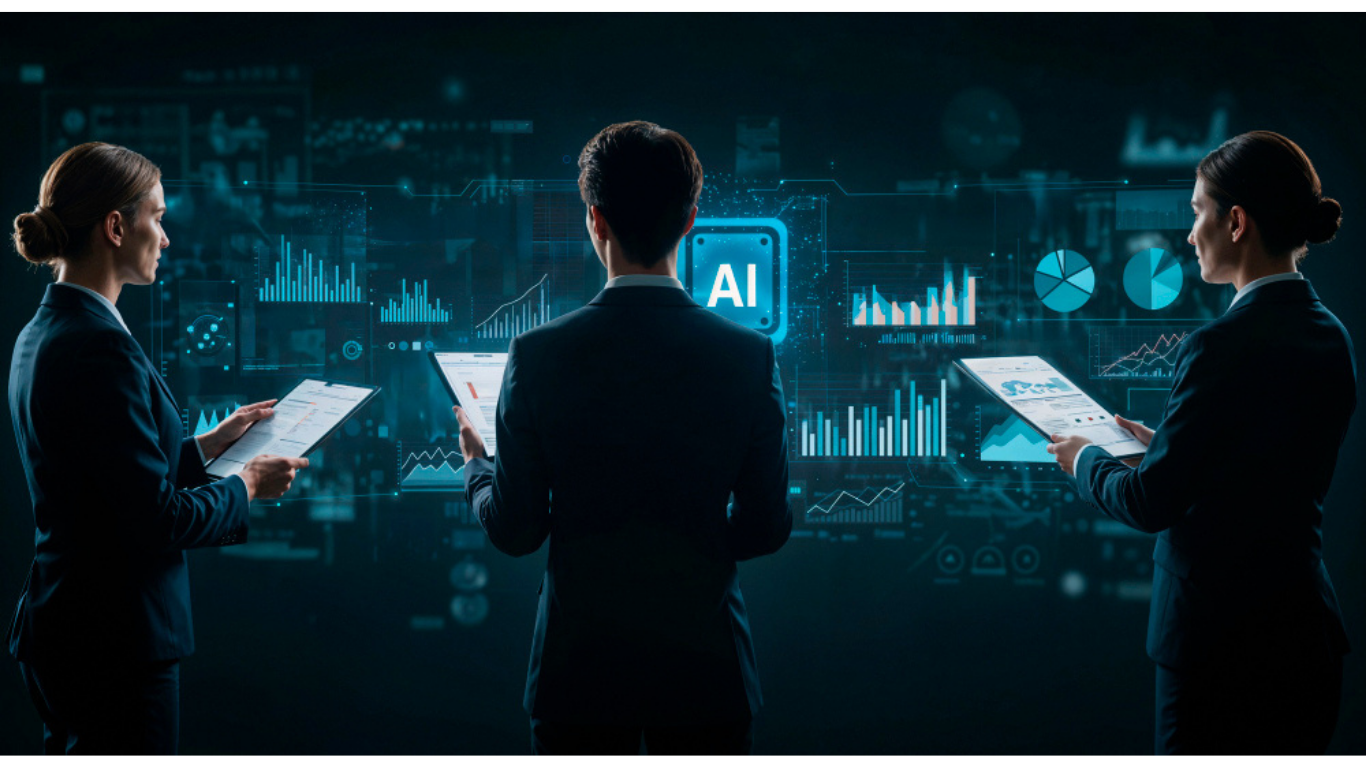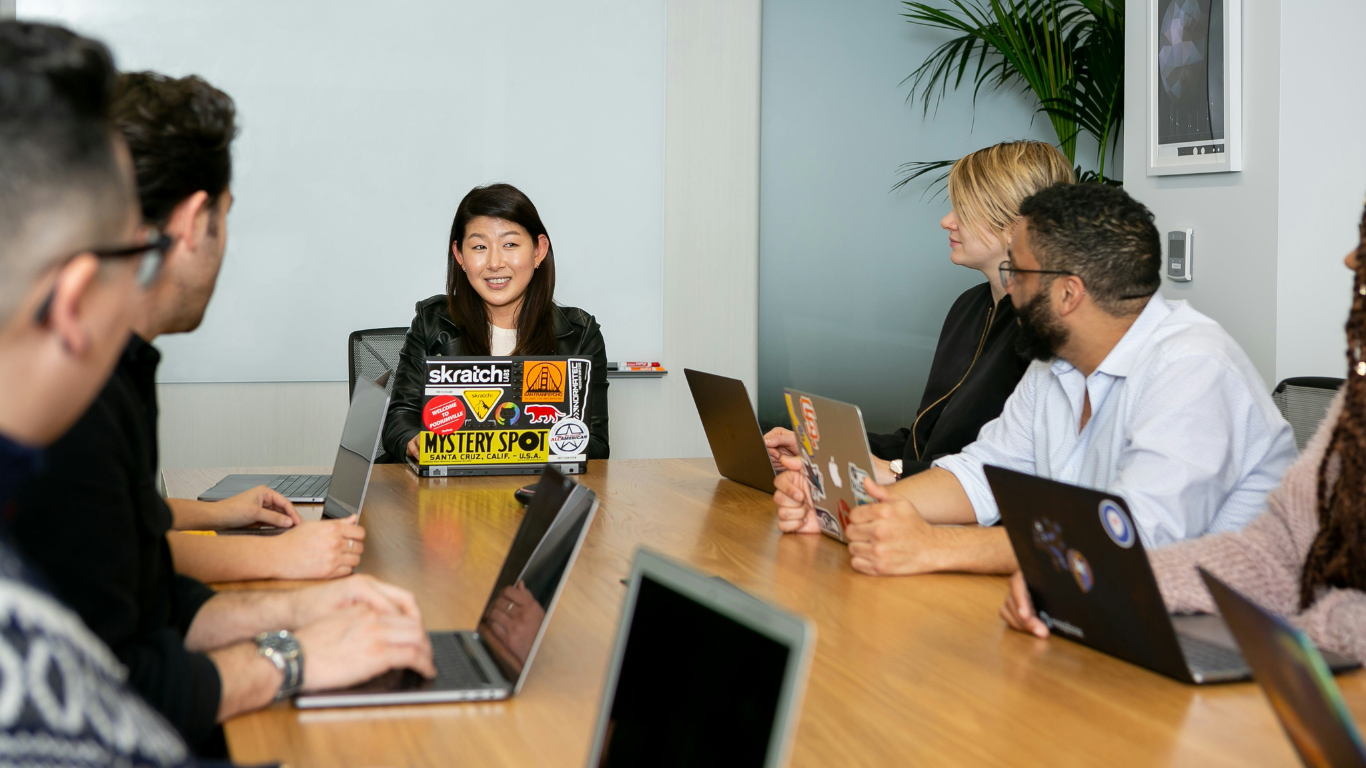What keeps a business from collapsing under pressure, stalling during growth, or burning out once it starts to scale? Anyone can launch a brand with a logo and a Shopify template, but keeping it alive—especially in an economy that changes by the hour—requires more than good intentions and clever marketing.
In this blog, we will share what truly holds a business together for the long haul and what too many people still overlook.
Systems First, Hustle Second
The myth of the tireless founder is still alive and well. There’s this idea that if you just work harder than the competition, you’ll come out on top. Maybe that worked a decade ago. Today, effort without structure doesn’t scale—it just exhausts people. A sustainable business is built on systems, not burnout. That means investing early in the boring stuff: documentation, repeatable processes, backend tools that don’t break every time a team grows by five people.
But systems can’t exist in a vacuum. They depend on data—real, usable, not-just-sitting-in-a-dashboard data. That’s where specialization comes into play. A growing number of professionals are turning toward hybrid tech-business roles to fill this gap, which is why a business informatics degree is becoming increasingly relevant.
The ability to bridge analytics and operations has shifted from a niche skill to a core business function. Meet the high demand for qualified, data-driven specialists with an online degree or certificate in business informatics from NKU’s College of Informatics. These programs give you the skills to step into new opportunities and stand out as industries transform under AI and other emerging technologies. Organizations that invest in this type of forward-thinking talent tend to adjust more quickly to change and experience fewer setbacks.
Without that foundation—clear systems, data-literate staff, tools that talk to each other—your business ends up depending on memory, trust, and luck. Not a great long-term strategy.
Values Only Matter If They’re Lived
Everyone posts a mission statement. Everyone has values on their website. But a sustainable business shows what it believes in through how it operates when no one’s watching. It doesn’t mean being perfect or running on solar panels—it means being consistent.
Right now, we’re seeing a shift where consumers don’t just want quality; they want alignment. They want to know the brands they support aren’t quietly exploiting people or skimming the edge of compliance. Social accountability is now part of doing business, whether or not it’s convenient.
Look at how quickly public sentiment turns when companies fumble issues around labor, diversity, or data privacy. One viral tweet or leaked memo, and suddenly your brand has a trust problem. Sustainability isn’t just environmental—it’s about long-term integrity. A company that’s always chasing quick wins at the expense of its people or principles will eventually pay for it, and probably at the worst possible time.
But that doesn’t mean companies have to be perfect. Customers and employees respond more to transparency than polish. If you mess up, fix it. Say what changed. If your values matter, prove it in how you treat your team, source your materials, or handle feedback. These things aren’t PR—they’re operational. And when they’re real, they reinforce the business instead of draining it.
Change Is Constant. But Response Is a Choice.
Markets shift. Trends fade. New competitors show up with better funding or flashier branding. None of that is avoidable. But a sustainable business expects change and builds around it—not against it.
That’s where adaptability comes in. Not in the form of chasing every new thing, but in setting up the kind of team, tools, and thinking that allow you to pivot without panic. Companies that endure are the ones that stay curious, review their own systems regularly, and ask better questions.
They invest in knowledge—whether through training, better tools, or clearer communication. They build feedback loops with customers and staff. They don’t get stuck assuming what worked last year will carry them through next quarter.
And when things go wrong—and they will—they fix it without blaming the storm. That kind of business doesn’t just survive. It earns a reputation. And in a world where trust is a shrinking resource, that’s the most sustainable edge you can build.
Blog received via Mail































